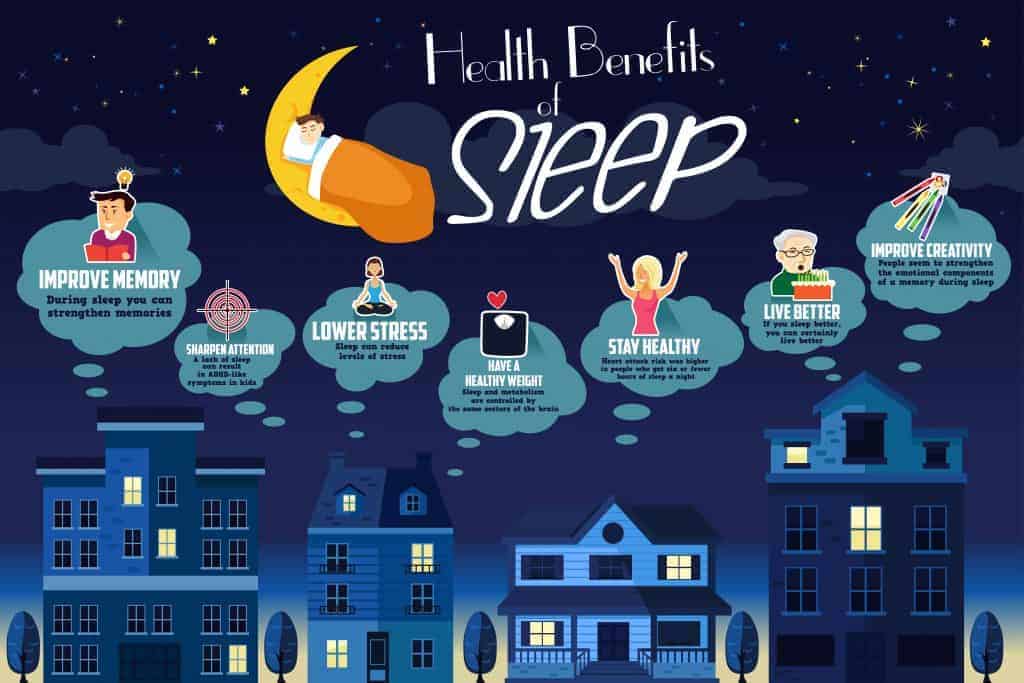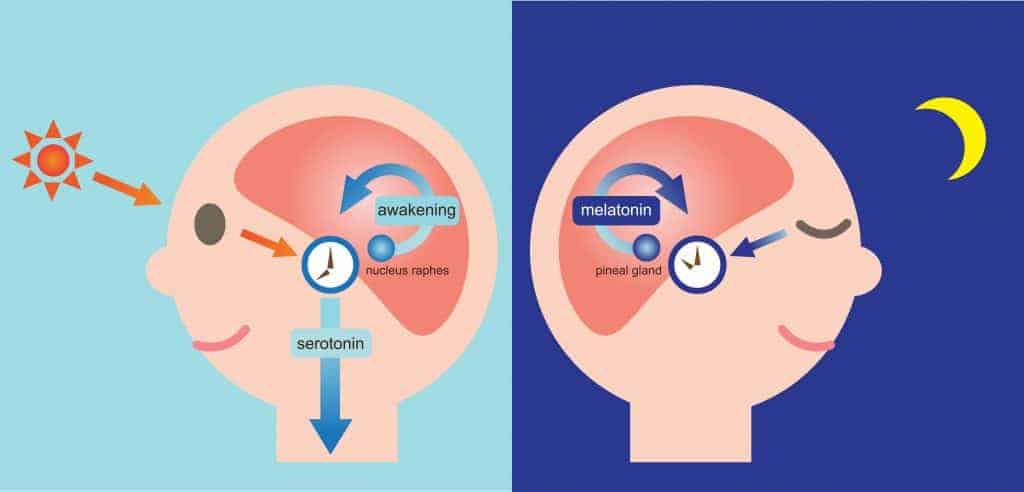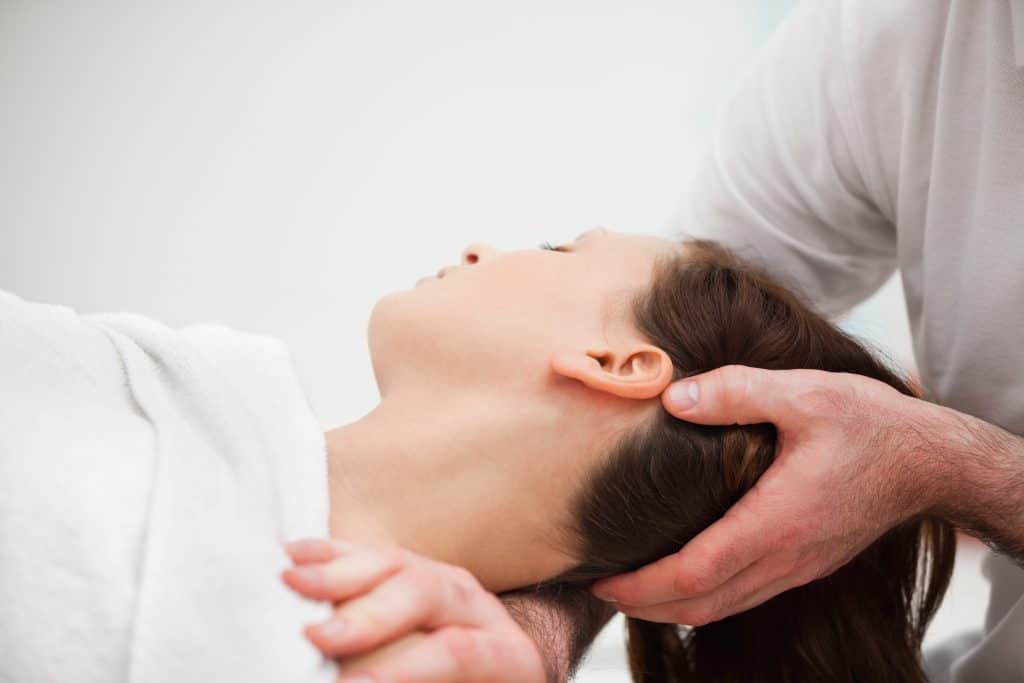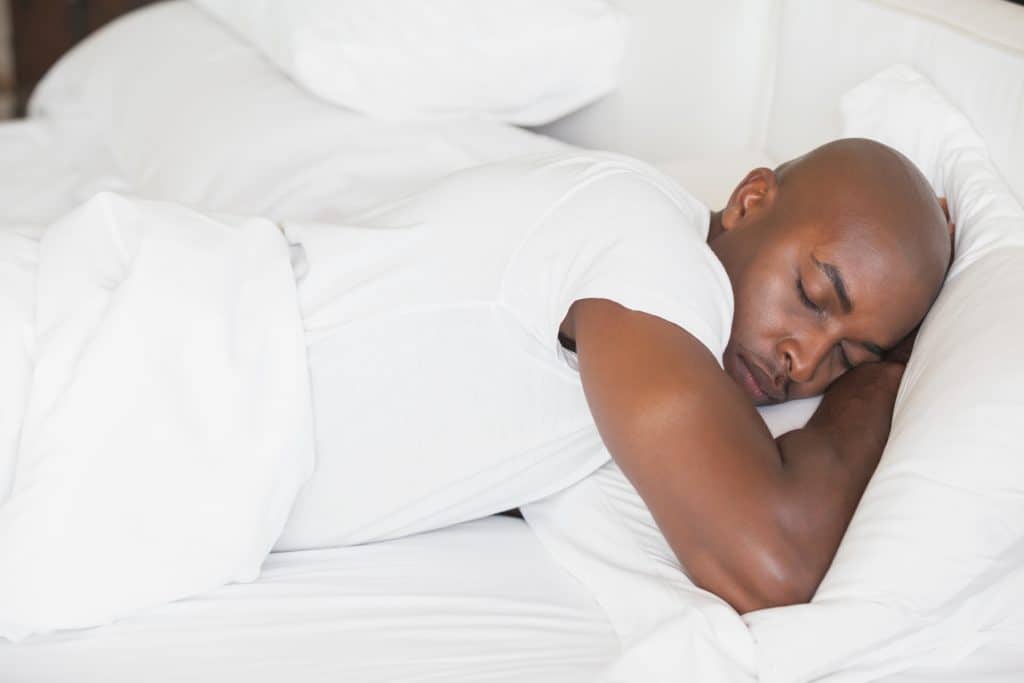Do you spend your days so tired, all you can do is count down the hours until you can crawl into bed? If so, you don’t have to go through life with a permanent yawn. There are a few simple changes you can make to start getting better sleep and enjoying the benefits that come along with it.

Why We Need Sleep (It’s About More Than You Might Think)
Getting a good night’s sleep isn’t just about not feeling tired. Our bodies are still working hard while we sleep to recharge and prepare for the next day. Our bodies are essentially programmed for sleep and can’t function correctly if they’re not getting enough restful hours each night.
Just one of the roles that sleep plays is to securely store our memories. Our brains process an unmeasurable amount of data as we go about our day and each tiny bit of information needs to be processed and stored. This only happens during sleep. If you’ve ever tried to read a book or do a little studying right before bed, you might find that you have trouble processing and retaining that information. Most researchers recommend handling difficult mental tasks early in the morning when we’re most alert and able to retain what we’re taking in.
But our bodies also do plenty of other things while we play in dreamland. Muscles grow, cells rejuvenate, tissue repairs itself, and hormones are regulated and perform their duties as needed. The number of hours needed for all of this to happen depends on our age in part, which is why children tend to need more hours of sleep than adults. According to the Sleep Foundation, school-age children need between 9 and 11 hours while adults need between 7 and 9 hours of sleep each night. Are you getting your nightly requirement?
The Circadian Rhythm
So how do our bodies know when it’s time to hit the hay and when to be up and alert? We can thank the circadian biological clock, which works in tandem with the sleep/wake homeostasis, to regulate our sleep patterns.
When we’re pushing the limit on how many consecutive hours we’ve been awake, the sleep/wake homeostasis kicks in and lets us know that it’s time to think about getting some sleep. At the same time, it works to keep us asleep long enough to get the rest that we need. It creates a balance that helps us wake up rested in the morning and crawl into bed feeling tired but hopefully accomplished at the end of the day.
The circadian biological clock works on a smaller scale. It dips and rises throughout each day and is responsible for those mini bursts of energy you have and for the sudden wave of yawns partway through your day. These dips will be less intense though, if you’ve had an adequate amount of sleep the night before.

How to Improve Sleep
Now that we have a better understanding of the science of sleep, what can we do to improve our hours spent slumbering? Here are some of our favorite ideas, some of which include organic essential oils that have been shown to increase relaxation and promote a healthy night’s sleep.
Basic Tips
- Go to sleep and wake up at the same time each day. This will help to balance your circadian rhythm. It’s more important to go to sleep at the same time each day rather than get the same number of hours of sleep each night.
- During the day, make sure to get as much natural sunlight as possible to help your body know when it’s time to be alert and when it’s time to sleep. Natural sunlight can help keep your circadian rhythm functioning at its best. You’ll feel more energized during the day as well.
- Stay active during the day. Sitting for more than an hour can begin to push your body into a sense of relaxation that can lead to sleepiness or unnecessary napping. If you spend the majority of your day at a desk, take a few minutes each hour to walk a bit and stretch.
- Limit caffeine consumption. If you need that cup of joe, have it with breakfast instead of dinner. When it comes to dinner, eat a light meal and avoid too much sugar close to bedtime.
- Spend the hour before you plan on sleeping doing relaxing activities. Avoid working out or rushing around the house tackling housework. Instead, relax with a book, journal, or spend some time talking to your spouse or children.
Healthy Sleep Rituals

- Scalp Massage
Spend about ten minutes before bed giving yourself a thorough scalp massage. To get even more out of your massage, add a few drops of organic peppermint oil to a tablespoon of organic coconut or castor oil. Massage the mixture into your scalp for soothing experience that helps promote a healthy scalp, nourished hair, and a peaceful night’s sleep. It’s safe to leave the oil overnight but just make sure that you have time for a shower in the morning and throw an old pillowcase on your pillow in case there’s any staining. If you have a partner, try trading massages – it’s an opportunity to connect and communicate.
- Pillow Spray
Mix a few drops of organic lavender essential oil with a cup or so of distilled water, or find a quality organic lavender hydrosol. Spritz your pillowcase and bedsheets. The sweet, herbal aroma will help you fall asleep and stay asleep for longer.
- Foot Soak
About an hour before bed, draw yourself a warm foot bath. You can add some Epsom salt or magnesium chloride to help boost your magnesium levels, which can help promote healthy sleep. To increase your magnesium intake and boost your body’s levels of the important mineral, wrap up the foot soak with a magnesium spray topical application. Try a magnesium oil spray infused with lavender essential oil for a truly spa-like experience that will help you fall asleep in a relaxed mood and start the next day on two happy feet.
If you find yourself struggling to get through each day, tweak your bedtime routine to help your body get the most out of each night’s sleep cycle. The benefits should be fast and life-changing.
